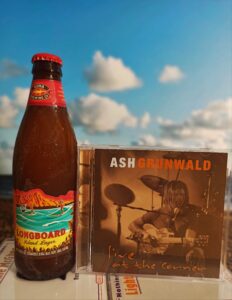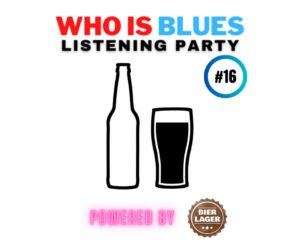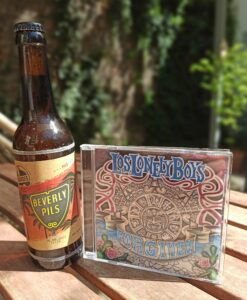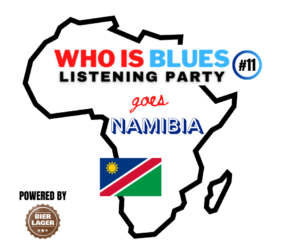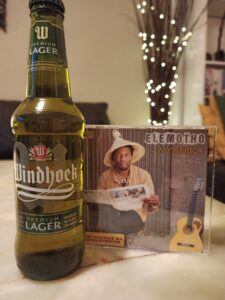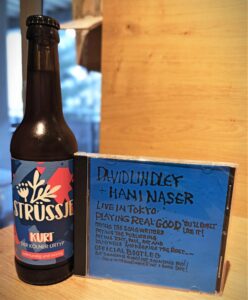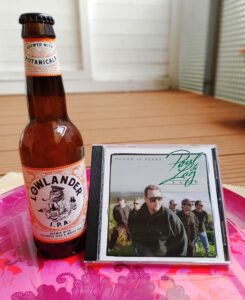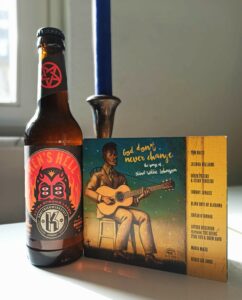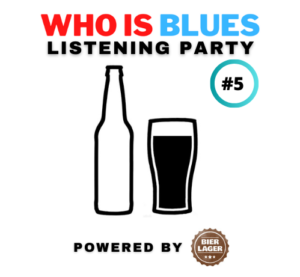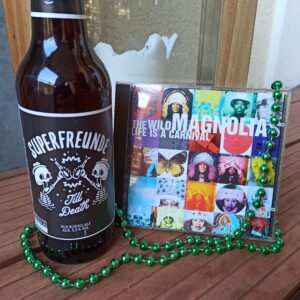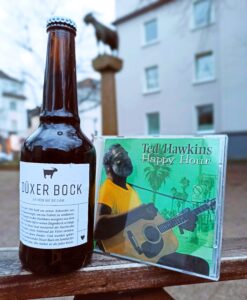featuring…
♫ Ash Grunwald, Live at the Corner
🍺 Kona Longboard Island Lager
![]() Words & photos: Vincent Abbate
Words & photos: Vincent Abbate
OK, I’ve had enough.
Obviously, I didn’t move to Germany for the weather. The Rhineland is not Bora Bora or the Côte d’Azur.
But generally, by mid-May, you can expect decent weather. Not this year. February, March and April were sprinkled with beautiful, sunny days. Right now, we’re in an interminably long stretch of gray, the temps are cool to tepid and summer is looking like it may never happen.
So my mission this week, for selfish reasons, is to paint the drabness around me in the reassuringly bright colors of summer. It gives me the chance to knock back a bottle of Kona Longboard Island Lager and write few lines about Australia’s Ash Grunwald.
Grunwald came instantly to mind because Kona brews on Hawaii’s Big Island and he’s an avid surfer. He even wrote a song about how a pod of guardian angel dolphins once saved him from a shark attack when he and a friend were out on their boards.
I honestly can’t think of a single blues artist from Hawaii. I’m sure there are some. I’ve just read that there are eight different climate zones on Hawaii and quite a bit of rain – but something tells me the landscape and vibe of the place might not be very conducive to the “blues feeling.”
So I’m going with Grunwald, the laid-back surfer dude who sometimes takes the stage in flip flops. That doesn’t scream “blues feeling” either, but he has it in spades. His early albums – including today’s pick Live at the Corner – contain excellent covers of Robert Johnson and Howlin’ Wolf alongside his own knockout-punch originals. He’s since moved on to become one of the genre’s more progressive and experimental performers, but the raw intensity of the blues has always been there, particularly in his live shows.
I’m switching into shorts and a Hawaiian-style print shirt for this, even if I freeze my balls off.
